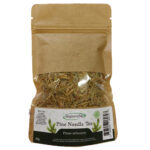

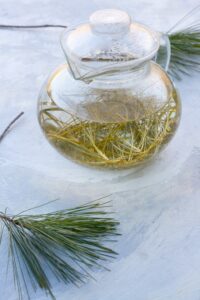
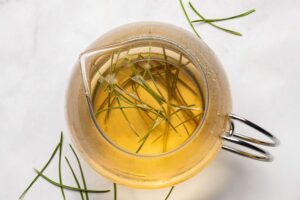
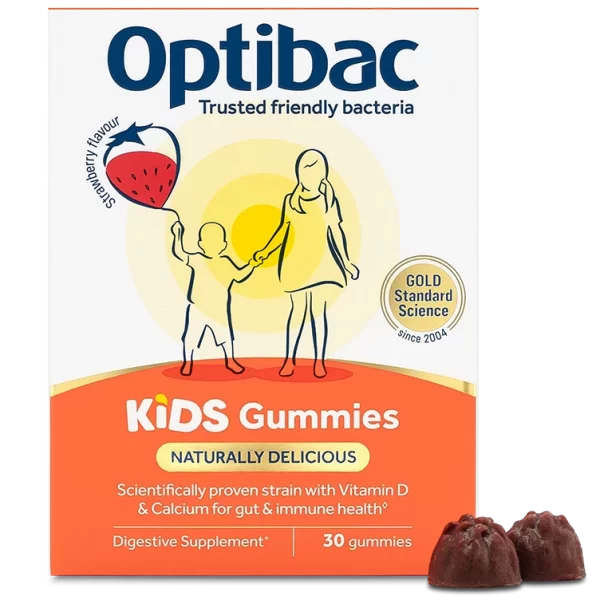
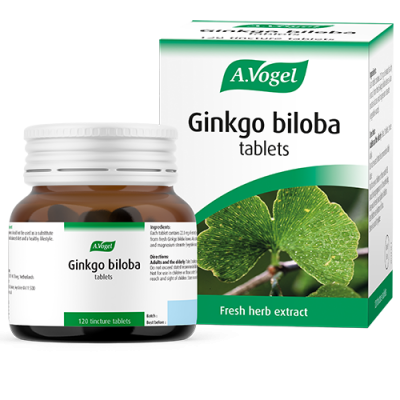
Pine Needle Tea 40g
£12.50 Original price was: £12.50.£10.62Current price is: £10.62.
Pine Needle
Pine needle tea, also known as pine needle infusion, is a traditional herbal beverage made by steeping the needles of certain pine tree species in hot water.
This tea has been consumed for centuries for its potential health benefits and pleasant, mildly earthy flavor. It is rich in vitamins, antioxidants, and other compounds. Here are some key points about pine needle tea:
1. **Species Selection**: Not all pine tree species are suitable for making tea. It’s important to select species that are known to be safe for consumption. Eastern white pine (Pinus strobus) and Scots pine (Pinus sylvestris) are among the species commonly used for pine needle tea.
2. **Health Benefits**: Pine tea is often consumed for its potential health benefits, which may include its high vitamin C content, antioxidants, and immune-boosting properties.
3. **Vitamin C**: Pine needle tea is notably high in vitamin C, which can support the immune system and overall health.
4. **Antioxidants**: The tea contains antioxidants that help protect cells from oxidative damage.
5. **Expectorant**: Some people use pine needle tea to soothe respiratory issues, as it may act as an expectorant and help clear mucus from the respiratory passages.
6. **Mild Flavor**: Pine needle tea has a mild, slightly earthy flavor with a touch of piney aroma. It is often described as refreshing.
To prepare pine needle tea:
1. **Harvesting**: Collect fresh, green pine needles from a healthy pine tree. Be sure to avoid needles that may have been exposed to pesticides or pollutants.
2. **Cleaning**: Wash the pine needles thoroughly to remove any dirt or debris.
3. **Steeping**: Place a small handful of fresh pine needles (or a smaller quantity of dried needles) in a teapot or teacup.
4. **Boiling Water**: Boil water, then allow it to cool slightly to just below boiling point.
5. **Steep**: Pour the hot water over the pine needles and let them steep for 5-10 minutes, or to taste.
6. **Straining**: Strain the tea to remove the pine needles.
7. **Flavoring**: If desired, add honey or lemon for extra flavor.
As with any herbal remedy, it’s important to use pine needle tea in moderation and be aware of your body’s response to it, as individual reactions can vary.
If you have specific health concerns or are taking medications, it’s advisable to consult with a healthcare professional before consuming pine needle tea or any herbal product. Additionally, it’s essential to be sure you are harvesting pine needles from a safe and non-toxic source, and to be cautious of potential allergenic reactions.
How to make pine needle tea
How to make pine needle tea
For our bloggers, the instructions were:
- Collect pine nedles
- Build a fire (more to come on this in another post)
- Light it
- Boil water in a mess tin
- Add pine needles and let them infuse in the water
- Sieve and serve
Obviously, there’s no need to build a fire (but it was fun). Simply boil a kettle and pour over your pine nedles, leave to infuse, then sieve and serve.
Enjoy your tea. Who knows, you might live to be 103 with 20:20 vision, a mind as sharp as a pine nedle and no varicose veins. We’ll drink to that!
A word or two of caution: firstly, don’t try pine nedle tea if you are pregnant. Secondly, most pine varieties can be used, but steer clear of Yew and Cypress which can sometimes be mistaken for pine.
A good rule of thumb is to avoid flat needles. If in doubt, ask a Forest Ranger. Better still, book a cabin at our Forest of Dean location and let Gerry teach you everything you need to know.

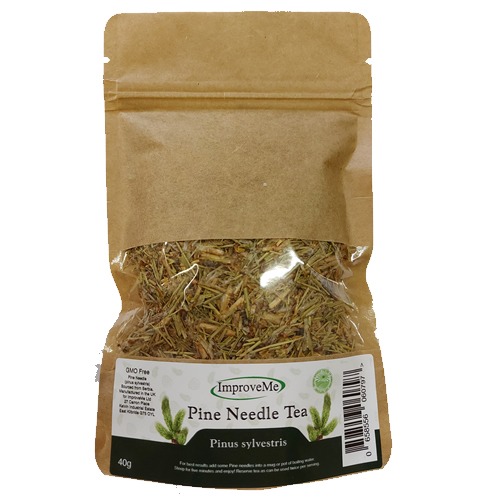
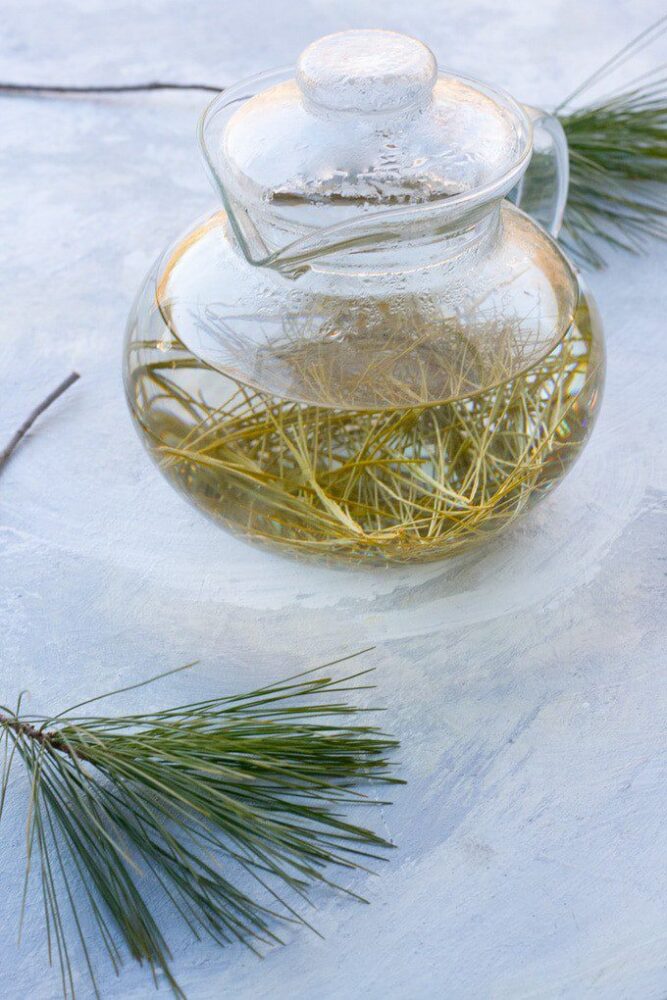
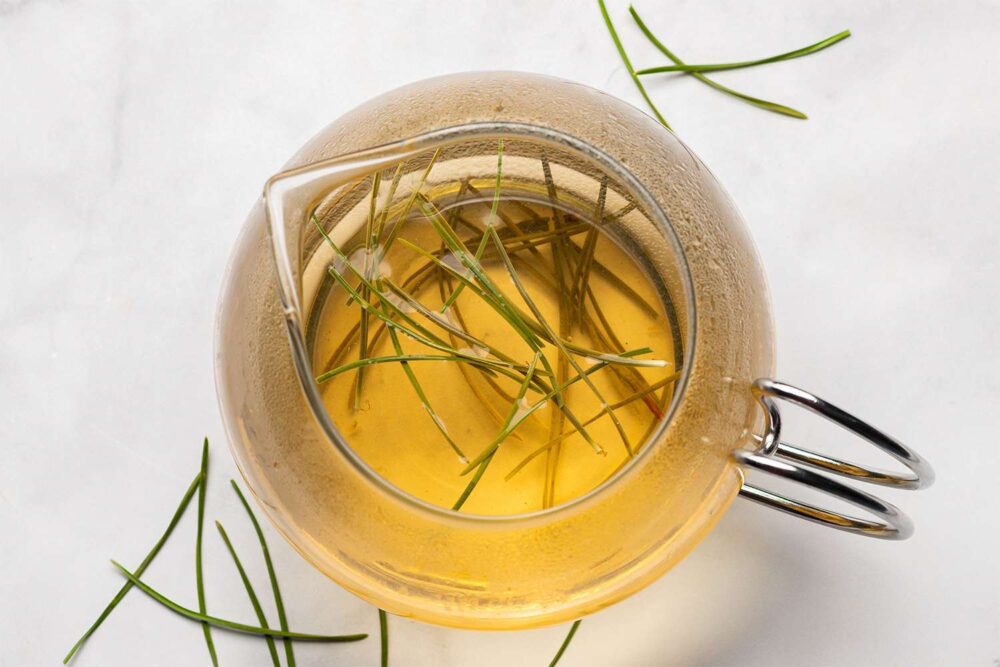
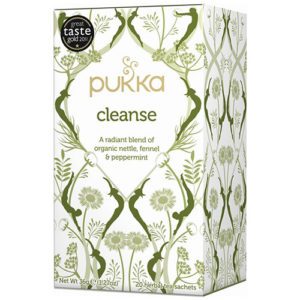
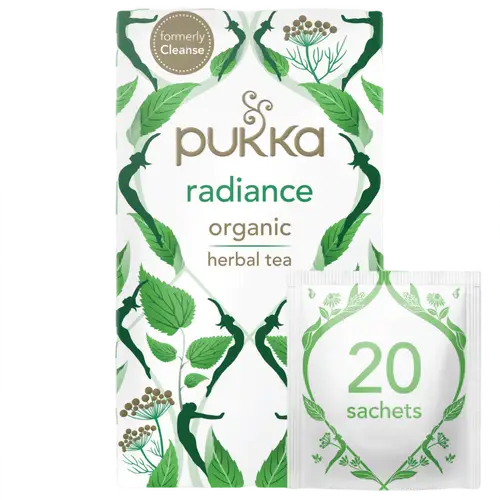
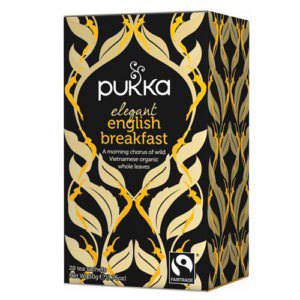
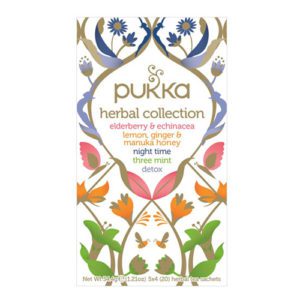
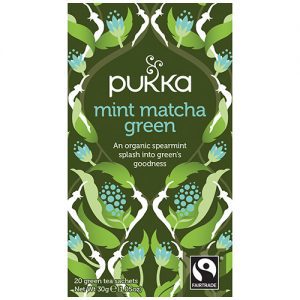
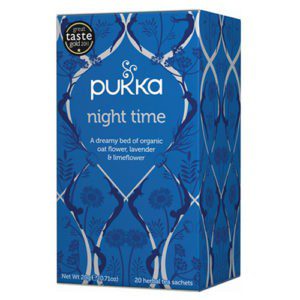
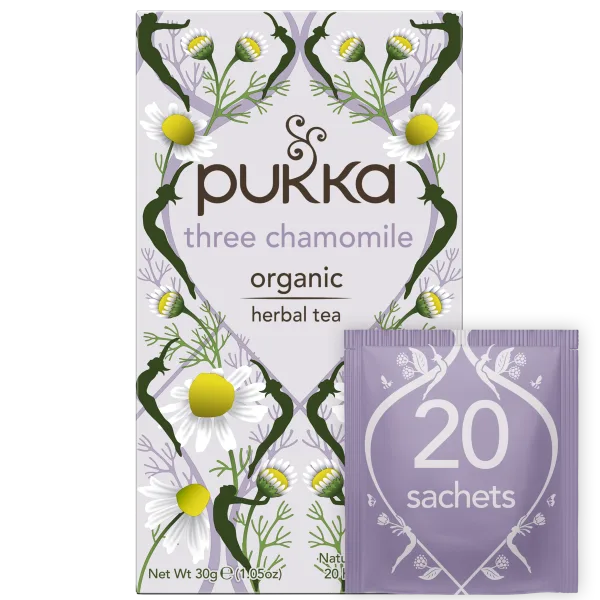
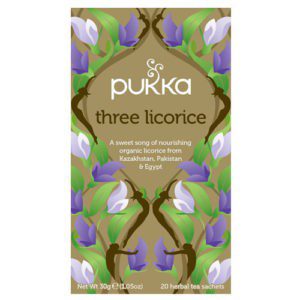
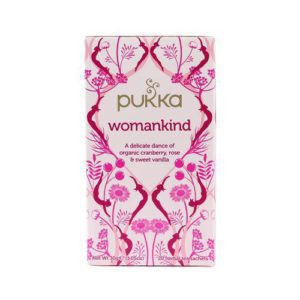




Reviews
There are no reviews yet.